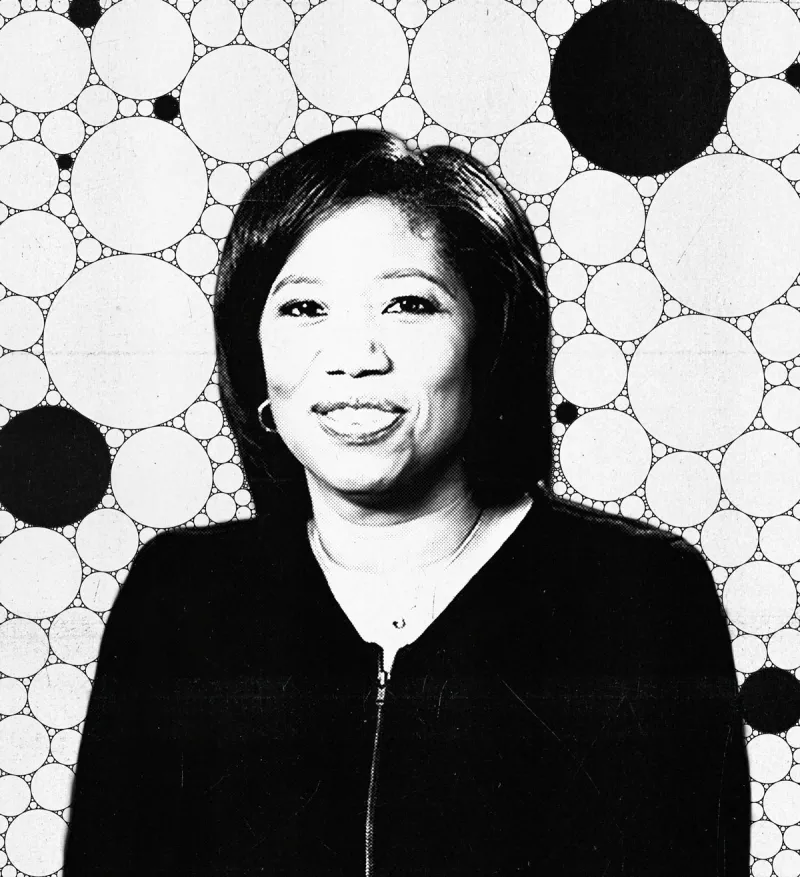Kim Lew Is Just Getting Started

Kim Lew
Institutional Investor’s 2021 Lifetime Achievement Award recipient helped build Carnegie Corp. into a powerhouse foundation. Now she’s bringing her skills to Columbia.
Kim Lew
Meredith Jenkins
Harvard Business School
Carnegie Corporation
Bronx High School

